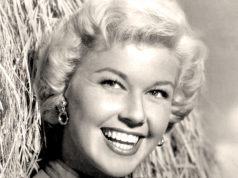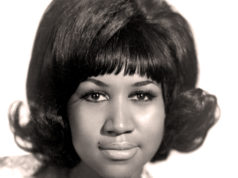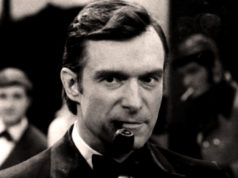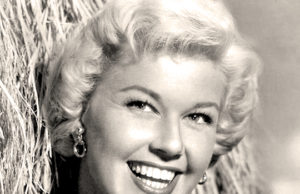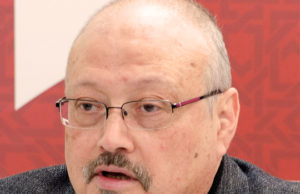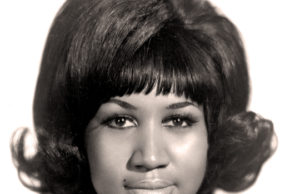Wikimedia Commons / CC-BY-SA-3.0 / GFDL
Nelson Mandela
(South African President)
18 July 1918 – 5 December 2013 (Aged 95)
Mandela was a South African anti-apartheid revolutionary, who served as President of South Africa from 1994 to 1999.
He is recognized as an inspiration for civil rights activists around the world.
After studying law, Mandela worked as a lawyer in Johannesburg before he became involved in politics and joined the ANC in 1943, co-founding its Youth League in 1944.
During the 1952 Defiance Campaign and the 1955 Congress of the People, Mandela came to prominence. He was repeatedly arrested and was unsuccessfully prosecuted in 1956.
In 1962, Mandela was arrested and imprisoned, before being sentenced to life imprisonment for conspiring to overthrow the state. He served 27 years in prison, mainly on Robben Island, then later in Pollsmoor Prison and Victor Verster Prison.
Amid growing international pressure and fears of racial civil war, President de Klerk released Mandela in 1990. Mandela and de Klerk then led efforts to bring an end to apartheid, resulting in the multi-racial general election in 1994.
In 1993, Mandela and President F.W. de Klerk were jointly awarded the Nobel Peace Prize for their efforts to dismantle the country’s apartheid system.
Mandela led the ANC to victory in 1994, becoming the country’s first black head of state and the first elected in a fully representative democratic election.
His government focused on dismantling the legacy of apartheid, setting up the Truth and Reconciliation Commission to investigate past human rights abuses. It was chaired by Archbishop Desmond Tutu and Alex Boraine.
After declining a second presidential term in 1999, Mandela became an elder statesman and focused on combating poverty and HIV/AIDS through his charity, the Nelson Mandela Foundation.
In November 2009, the UN General Assembly proclaimed Mandela’s birthday, 18 July, as “Mandela Day.” After suffering from a prolonged respiratory infection, Mandela died in 2013 at the age of 95.
A controversial figure, critics on the right denounced Mandela as a communist terrorist, while the radical left criticized him for being too eager to reconcile with supporters of apartheid.
In South Africa, Mandela is often referred to by his Xhosa clan name, Madiba, and described as the “Father of the Nation”. Internationally, he is acclaimed for his civil rights activism and for his leadership in the struggle against injustice.
Peter O’Toole
(Actor)
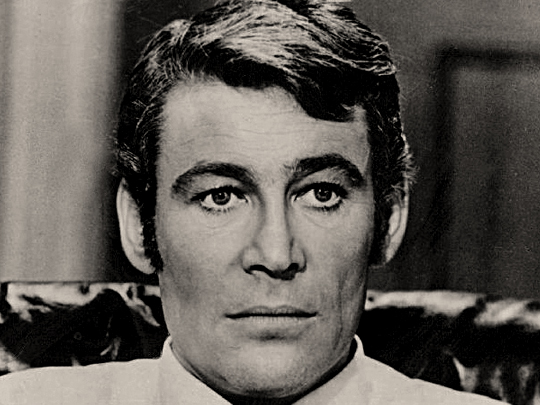
2 August 1932 – 14 December 2013 (Aged 81)
O’Toole was an acclaimed British actor of Irish descent best known for playing the role of T.E. Lawrence in Lawrence of Arabia.
Having attended the Royal Academy of Dramatic Art, O’Toole began working in theatre, gaining recognition as a Shakespearean actor with the English Stage Company before making his film debut in 1959.
O’Toole was nominated a record seven times for an Academy Award without a win for his roles in Lawrence of Arabia, Becket, The Lion in Winter, Goodbye, Mr. Chips, The Ruling Class, The Stunt Man, My Favorite Year, and Venus.
In 1970, O’Toole fulfilled a lifetime ambition when he performed in Samuel Beckett’s Waiting for Godot, alongside Donal McCann, in Dublin’s Abbey Theatre.
During the 1970s, O’Toole underwent surgery to have his pancreas and a portion of his stomach removed, resulting in insulin-dependent diabetes. A notoriously heavy drinker, O’Toole nearly died from a blood disorder a few years later.
In 2002, O’Toole was awarded the Academy Lifetime Achievement Award in recognition of his career achievements. He also received four Golden Globe Awards, one BAFTA, and one Emmy Award during his film career.
In 2012, after more than 50 years as an actor, O’Toole announced his retirement from acting. The following year, at the age of 81, O’Toole died following a long illness.
Margaret Thatcher
(British Prime Minister)
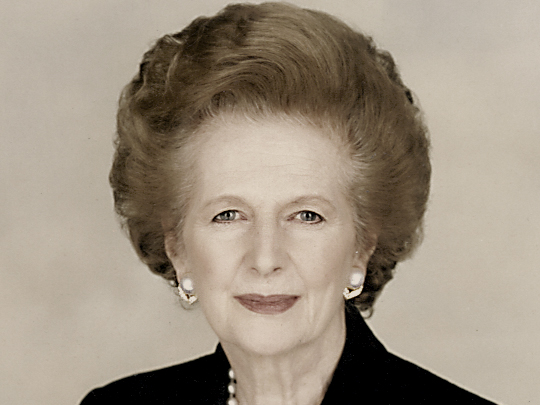
13 October 1925 – 8 April 2013 (Aged 87)
Thatcher was a British politician who served as Prime Minister of the United Kingdom from 1979 to 1990 and the first woman to hold that office.
She came to be known as the “Iron Lady,” a title first given to her by a Soviet journalist.
A research chemist, before becoming a barrister, Thatcher was first elected as a Member of Parliament for Finchley in 1959. Edward Heath then appointed her Secretary of State for Education and Science in his Conservative government.
In 1975, Thatcher defeated Heath in the Conservative Party leadership election to become the Leader of the Opposition. She was the first woman to lead a major political party in the United Kingdom.
Thatcher went on to lead the Conservative Party from 1975 to 1990, becoming the longest-serving British prime minister of the 20th century.
During her reign, Thatcher’s policies emphasized deregulation, the privatization of state-owned companies, and reducing the power of trade unions. These policies came to be known as Thatcherism.
In 1982, victory in the Falklands War and a recovering economy increased her waning popularity, resulting in her re-election in 1983. She then survived an assassination attempt by the IRA in the Brighton hotel bombing in 1984.
After being re-elected for a third term in 1987, her support for the poll tax was widely unpopular, leading to her resignation as Prime Minister and party leader in November 1990.
After her retirement from the House of Commons in 1992, Thatcher was given a life peerage as Baroness Thatcher, entitling her to sit in the House of Lords.
Controversially, Thatcher was hired by the tobacco company Philip Morris as a “geopolitical consultant” in 1992 and also called for the release of former Chilean dictator Augusto Pinochet when Spain had him arrested in 1998.
In 1991, she was awarded the U.S. Presidential Medal of Freedom and in 1999, Time ranked Thatcher as one of the 100 most important people of the 20th century.
A polarizing figure, loved by her supporters and loathed by her opponents, Thatcher suffered a number of small strokes in her later years, before dying of a stroke at the age of 87.
Seamus Heaney
(Poet/Playwright)
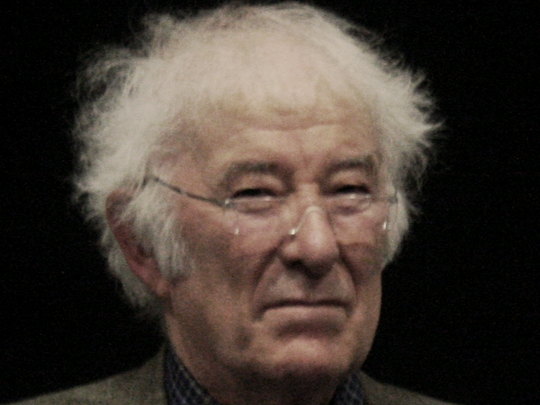
13 April 1939 – 30 August 2013 (Aged 74)
Heaney was an acclaimed Irish poet and playwright who received the 1995 Nobel Prize in Literature in recognition of his life’s work.
During the 1960s, Heaney was a lecturer in Belfast when he began to publish his poetry. His work often referenced the beauty of nature, love, mythology, and the Troubles in Northern Ireland.
Among his best-known works is Death of a Naturalist, North, Station Island, Door into the Dark, The Spirit Level, District and Circle, and Wintering Out.
From 1981 to 1997, Heaney was a professor at Harvard, serving as its Poet in Residence from 1988 to 2006. He was also the Professor of Poetry at Oxford from 1989 to 1994.
Heaney died following a short illness at the age of 74. His literary papers are now held by the National Library of Ireland.
Lou Reed
(Singer/Musician)
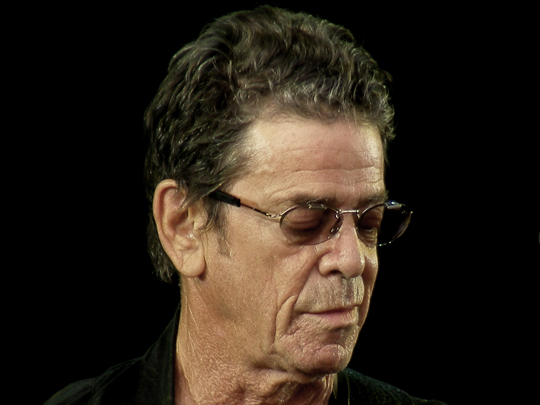
2 March 1942 – 27 October 2013 (Aged 71)
Reed was a legendary singer and guitarist best known as a co-founder of the rock group the Velvet Underground and as a solo artist with a career spanning five decades.
In 1965, he co-founded the Velvet Underground, a rock band managed by Andy Warhol. They achieved little commercial success initially, but are now regarded as one of the most influential bands in rock music history.
After leaving the band in 1970, Reed went on to release twenty solo studio albums. For a time, his work did not translate into sales, leading him into drug addiction and alcoholism.
During his solo career, Reed’s most famous songs were “Walk on the Wild Side,” “Perfect Day,” and “Satellite of Love.”
Reed returned to prominence and commercial success during the 1980s with New Sensations in 1984 and his 1989 album New York.
In the 1990s, Reed was part of the Velvet Underground’s revival, releasing several more albums.
In May 2013, Reed received a liver transplant but died of liver disease in October of that year at the age of 71.
In 2015, Reed was inducted into the Rock and Roll Hall of Fame as a solo artist.
David Frost
(Journalist/TV Host)
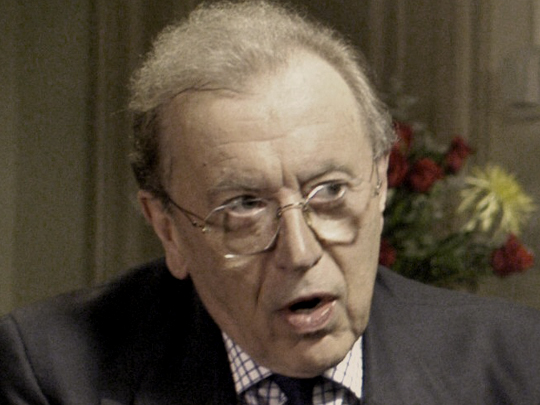
7 April 1939 – 31 August 2013 (Aged 74)
Frost was a renowned English media personality best known for his 1977 interviews with President Richard Nixon, later portrayed in the critically acclaimed 2008 film Frost/Nixon.
A talented footballer, Frost received an offer to play with Nottingham Forest F.C. in England, but instead, he decided to pursue a career in television.
Among the television programs, Frost was known for hosting include That Was the Week That Was, The Frost Report, The David Frost Show, Frost on Sunday, Breakfast with Frost, and Through the Keyhole.
In 1977, the Nixon Interviews were broadcast through five 90-minute interviews. The venture was funded by Frost after U.S. television networks turned down the program.
Frost syndicated the interviews with local stations across the U.S. and internationally. After taping around 29 hours of interviews, Nixon famously, for the first time, expressed contrition for his role in the Watergate scandal.
Between 1964 and 2014, Frost was the only person to interview all eight British prime ministers who served in that period of time and all seven U.S. presidents in office between 1969 and 2008.
Frost died from a heart attack at the age of 74, while onboard the cruise ship MS Queen Elizabeth to give a speech.
Hugo Chávez
(Venezuelan President)
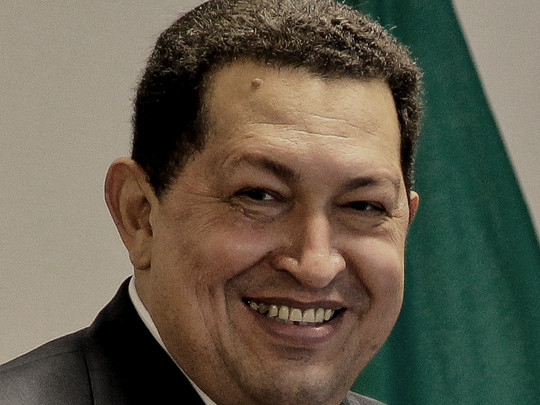
28 July 1954 – 5 March 2013 (Aged 58)
Chavez was a Venezuelan politician who served as president of the country from 1999 until his death in 2013.
Chávez attended the Venezuelan military academy and became a military officer, who founded the covert Revolutionary Bolivarian Movement-200 (MBR-200) in the early 1980s.
In 1992, Chavez was imprisoned after leading the MBR-200 in a failed coup d’état against the government.
Two years later, he was released from prison and he founded a political party known as the Fifth Republic Movement.
In 1998, he was elected President of Venezuela. Shortly after, Chavez created a new constitution for the country, changing its name to the Bolivarian Republic of Venezuela.
Using the country’s record-high oil revenues of the 2000s, his government nationalized key industries, implemented social programs, expanding access to food, housing, healthcare, and education.
These policies resulted in improvements in poverty rates, literacy, income equality and quality of life by 2007. However, Chávez’s populist policies and price controls proved to be unsustainable, leading to a severe and lasting socio-economic crisis.
After undergoing three surgeries for cancer of the colon, Chávez died from a heart attack in Caracas at the age of 58.
James Gandolfini
(Actor)
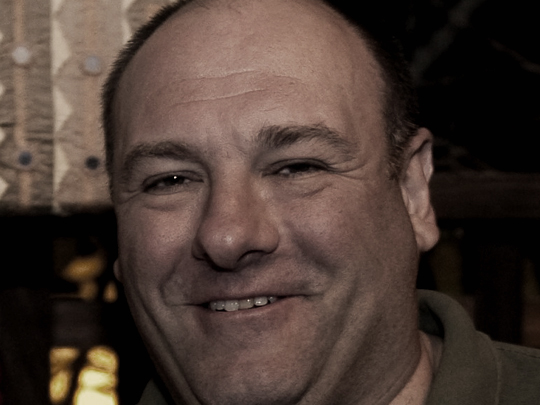
18 September 1961 – 19 June 2013 (Aged 51)
Gandolfini was a much-loved American actor best known for his iconic role as mobster Tony Soprano in The Sopranos.
The role saw him win three Emmy Awards, three Screen Actors Guild Awards, and one Golden Globe Award.
Prior to his acting career, Gandolfini worked as a bartender and club manager in New York. One of his earliest roles came on Broadway A Streetcar Named Desire alongside Jessica Lange and Alec Baldwin in 1992.
In 1999, Gandolfini got his big break when cast as Tony Soprano in The Sopranos. His character has gone down as one the best in television history and the show is widely regarded as one of the greatest television series of all time.
Among the other films he starred in are True Romance, Crimson Tide, The Taking of Pelham 1 2 3, All The King’s Men, The Last Castle, Killing Them Softly, Zero Dark Thirty, and The Drop.
In 2007 Gandolfini produced a documentary about injured Iraq War veterans, surveying the physical and emotional costs of war. And in 2010, he produced another documentary analyzing the effects of PTSD throughout American history.
Gandolfini died in Rome, Italy, after suffering a heart attack at the age of 51. He had been in Italy to receive an award at the Taormina Film Fest in Sicily a few days later.
Following an online petition after his death, his hometown of Westwood, New Jersey, renamed its Park Avenue to James Gandolfini Way in his honor.
Roger Ebert
(Film Critic)
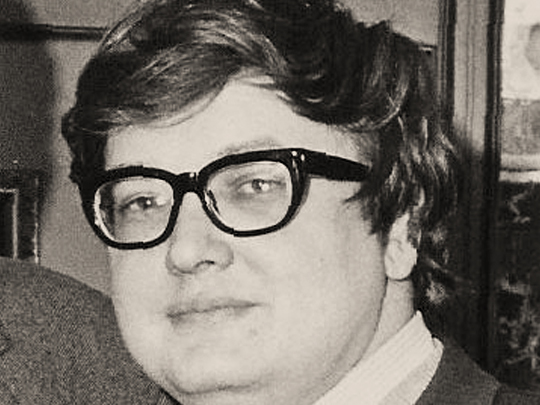
18 June 1942 – 4 April 2013 (Aged 70)
Ebert was an American film critic best known for his television show, alongside Gene Siskel, where, as Siskel and Ebert, they debated the quality of the latest films from 1975 to 1999.
From 1967 until his death in 2013, Ebert was also a film critic for the Chicago Sun-Times. In 1975, Ebert became the first film critic to win the Pulitzer Prize for Criticism.
Siskel and Ebert trademarked the phrase “Two Thumbs Up,” when both hosts gave a film a positive review.
After Siskel died in 1999, Ebert continued hosting the show with various co-hosts and then, starting in 2000, with Richard Roeper.
In 2002, Ebert was diagnosed with cancer of the thyroid and salivary glands, which required the removal of his lower jaw in 2006. This left him severely disfigured and cost him the ability to speak or eat normally.
Nevertheless, Ebert continued to publish his reviews online and in print until his death. In 2014, the documentary Life Itself was released, which studies Ebert’s life and career, while also filming his final months.
In 2005, Ebert became the first film critic to receive a star on the Hollywood Walk of Fame. He died from cancer at the age of 70.
Võ Nguyên Giáp
(Vietnamese General)
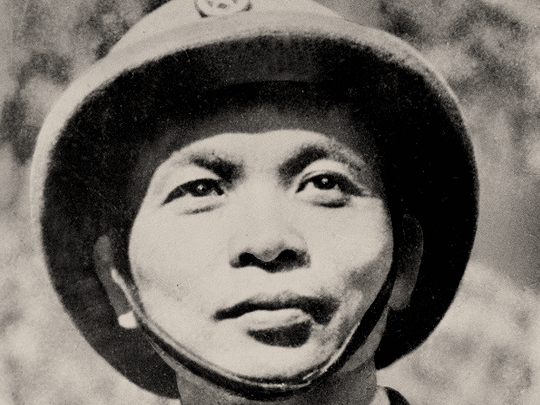
25 August 1911 – 4 October 2013 (Aged 102)
Giáp was a Vietnamese politician and a general in the Vietnam People’s Army. Giáp is considered one of the greatest military strategists of the 20th century.
Prior to fighting in World War II, Giáp was a history teacher in Hanoi, keenly interested in military history and philosophy. During the war, he was a military leader of the Viet Minh resistance against the Japanese occupation of Vietnam.
Giáp went on to become a crucial army commander in the First Indochina War from 1946–54, participating in critical battles such as Lạng Sơn, Hòa Bình, and Điện Biên Phủ.
The First Indochina War saw Giáp prove himself to be a mastermind military builder, transforming a rag-tag band of rebels into a finely tuned army capable of defeating the larger, modernized French and Vietnamese National Army forces.
During the Vietnam War from 1955–75, he played a leading role in pivotal military actions such as the Tết Offensive, the Easter Offensive, and the Ho Chi Minh Campaign.
In laying the foundation of the Ho Chi Minh trail, Giáp proved himself a hugely effective logistician. It is widely recognized as one of the greatest feats of military engineering in the 20th century.
During and after the war, Giáp held many roles, such as Deputy Prime Minister, Minister of Defence, Chief of Staff, Commander in Chief of the People’s Army of Vietnam, and member of the Politburo of the Vietnam Workers’ Party.
In 1981, Giáp retired from his post as Defence Minister, yet remained as Deputy Prime Minister until he retired in 1991.
In his later years, Giáp wrote extensively on military theory and strategy, before dying at the age of 102.
James Avery
(Actor)
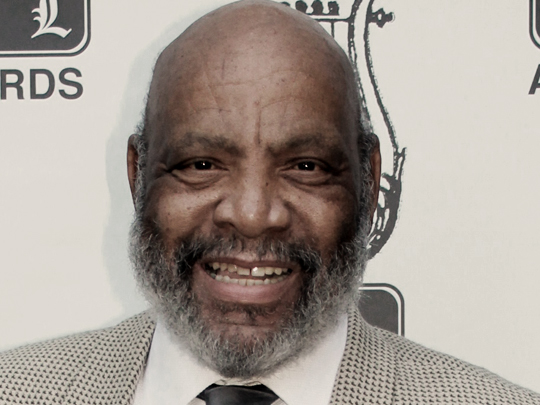
27 November 1945 – 31 December 2013 (Aged 68)
Avery was an American actor and poet best-known for his portrayal of the much-loved “Uncle Phil” Banks in the sitcom The Fresh Prince of Bel-Air.
After graduating high school, Avery served as a member of the U.S. Navy in the Vietnam War from 1968 to 1969.
Avery began his television career in the 1980s, with his most notable voice credit being the voice of Shredder in the original Teenage Mutant Ninja Turtles animated series.
From 1990 to 1996, the role of Uncle Phil in The Fresh Prince of Bel-Air earned Avery a special place in the hearts of the show’s fans, with the character ranked as one of the “50 Greatest TV Dads of All Time.”
At the age of 68, Avery died from complications following open-heart surgery.
Ken Norton
(Boxer)
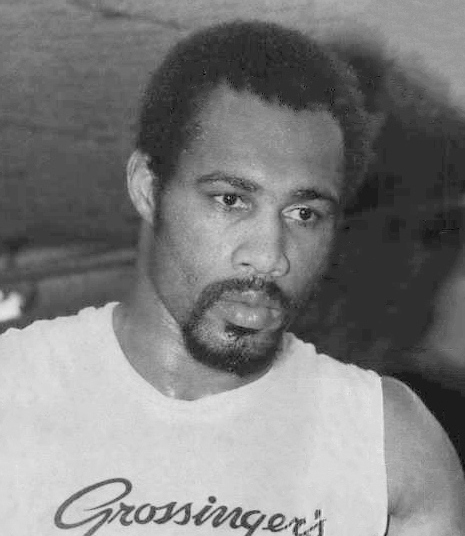
9 August 1943 – 18 September 2013 (Aged 70)
Norton was an American professional boxer best known for his lauded fight trilogy with Muhammad Ali and also held the WBC heavyweight title in 1978.
A gifted athlete, Norton’s high school track coach entered him in eight events, with Norton winning seven of them. As a result, the “Ken Norton Rule”, limiting athlete participation to a maximum of four events, was introduced in Illinois high school sports.
During a four-year military stint, beginning in 1963, Norton took up boxing and won three All-Marine Heavyweight Championship titles.
In 2004, he was inducted into the United States Marine Corps Sports Hall of Fame.
In his trilogy of fights with Muhammad Ali, Norton won the first fight by split decision and broke Ali’s jaw, and lost the latter two fights by split and unanimous decision, respectively, with both decisions seen as controversial by many.
In 1981, Norton officially retired from boxing and was inducted into the International Boxing Hall of Fame in 1992.
In his later years, Norton had financial struggles and was helped out by a number of friends, including George Foreman.
After suffering a number of strokes in his later life, Norton died at the age of 70.
Paul Walker
(Actor)
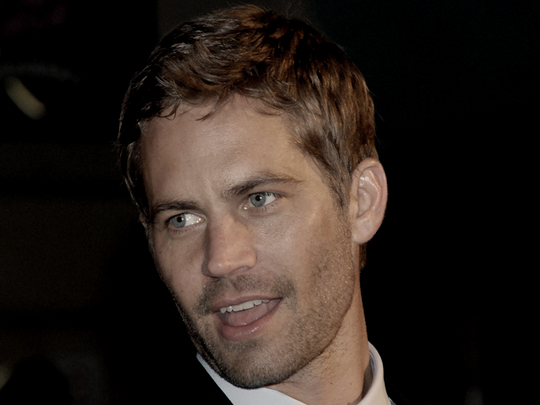
12 September 1973 – 30 November 2013 (Aged 40)
Walker was an American actor best known for his role as Brian O’Conner in The Fast and the Furious franchise.
In 1999, Walker came to prominence with roles in the teen films She’s All That and Varsity Blues.
Then, in 2001, his role in The Fast and the Furious brought him international fame, before going on to reprise the role in five of the next six installments. Walker died while in the middle of filming Furious 7.
In 2010, Walker founded the charity Reach Out Worldwide in response to the Haiti earthquake that year, helping to bring aid to regions devastated by natural disasters.
Walker died in a car accident at the age of 40. He had been attending a charity event for Reach Out Worldwide in Santa Clarita, California, to benefit victims of Typhoon Haiyan in the Philippines.
Reportedly in the passenger seat of his friend’s Porsche, Walker’s friend lost control of the vehicle, crashing into a tree.
The car was engulfed in flames and both men were pronounced dead at the scene of the accident.



